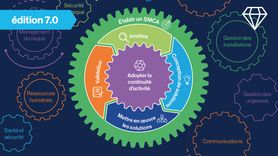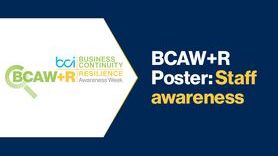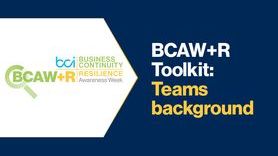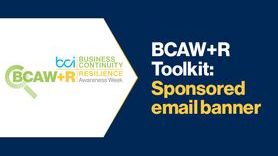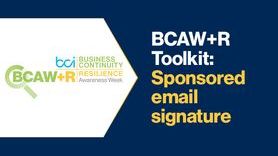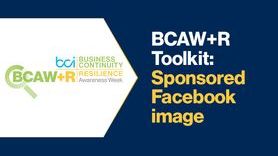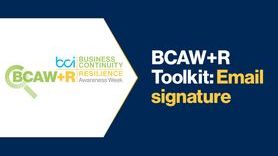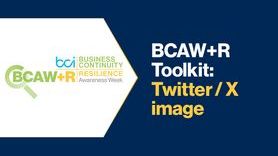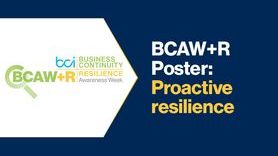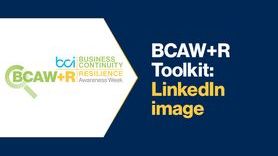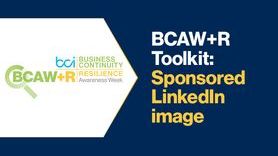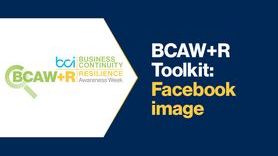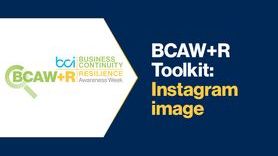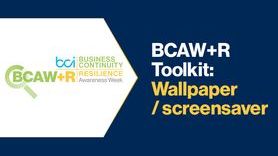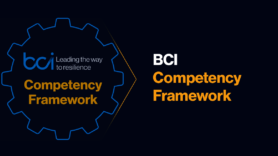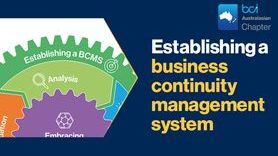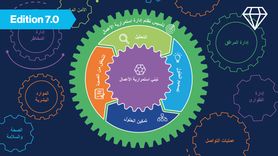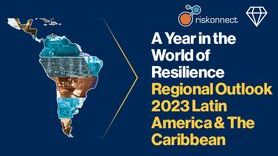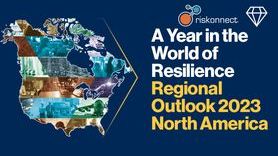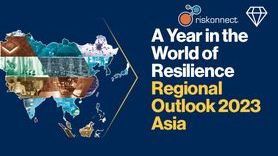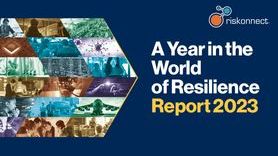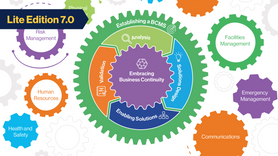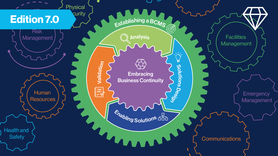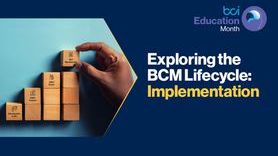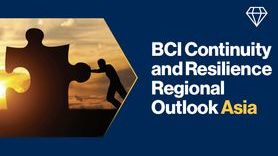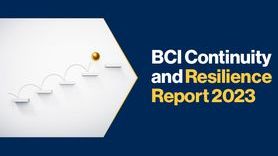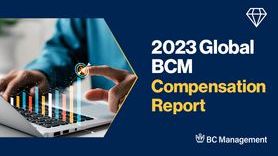Building resilience in a year of global elections
To register for this event please log into your BCI website profile. If you do not have a website profile, please register here. Please note that you don't have to be a BCI Member to attend this webinar/event and that by registering for a BCI website profile you are not applying for a BCI Membership.
As we approach 2024, nations around the world are preparing for major electoral events that will shape the future of democracy. However, these elections face unprecedented challenges that threaten their integrity and fairness. From disinformation campaigns to cyber attacks and voter suppression, the risks are multifaceted and require a coordinated global response.
Main agenda and theme of the webinar reflected below:
- 15 minutes on risks to elections
- 15 minutes on building resilience leading up to the elections
- 15 minutes open session for comments, views and Q&A
Risks to Elections in 2024:
- Disinformation and Misinformation Campaigns: The proliferation of false or misleading information, amplified by social media, can sow confusion, undermine trust in institutions, and influence voter behaviour. Malicious actors, both domestic and foreign, may leverage disinformation to discredit candidates or promote specific agendas.
- Cyber Threats and Hacking: Sophisticated cyber attacks pose a serious risk to electoral infrastructure, including voter registration databases, voting machines, and tallying systems. Breaches could lead to data manipulation, system disruptions, and erosion of public confidence in the electoral process.
- Voter Suppression and Intimidation: Tactics such as voter roll purges, strict voter ID laws, and intimidation at polling stations can disproportionately disenfranchise vulnerable communities and undermine the principle of universal suffrage.
- Foreign Interference: External actors, including nation-states and non-state groups, may attempt to influence electoral outcomes through covert operations, cyberattacks, or financial support for specific candidates or causes.
Solutions and Building Resilience:
- Strengthening Cybersecurity Measures: Governments, electoral bodies, and technology companies must collaborate to enhance the security of electoral infrastructure, implement robust access controls, and conduct regular vulnerability assessments and penetration testing.
- Combating Disinformation and Misinformation: Concerted efforts are needed to promote media literacy, fact-checking initiatives, and public awareness campaigns. Social media platforms must take proactive measures to detect and remove coordinated disinformation campaigns. European Union Act on AI – March 2024.
- Protecting Voter Rights and Access: Comprehensive voter education programs, equitable access to polling stations, and robust safeguards against voter suppression tactics are essential to ensuring free and fair elections.
- International Cooperation and Observation: Strengthening international cooperation, sharing best practices, and deploying credible election observation missions can help identify vulnerabilities, deter interference, and bolster public confidence in the electoral process.
- Public-Private Partnerships: Fostering partnerships between governments, civil society organizations, and technology companies can facilitate information sharing, capacity building, and the development of innovative solutions to address emerging threats.
Conclusion: Safeguarding the integrity of elections is vital for the health of democracies worldwide. By addressing the multifaceted risks through a comprehensive and collaborative approach, nations can build resilience and ensure that the will of the people is accurately reflected in electoral outcomes. Failure to mitigate these risks could have severe consequences for the legitimacy of democratic institutions and the stability of societies. It is a collective responsibility to defend the cornerstone of democracy – free and fair elections.

